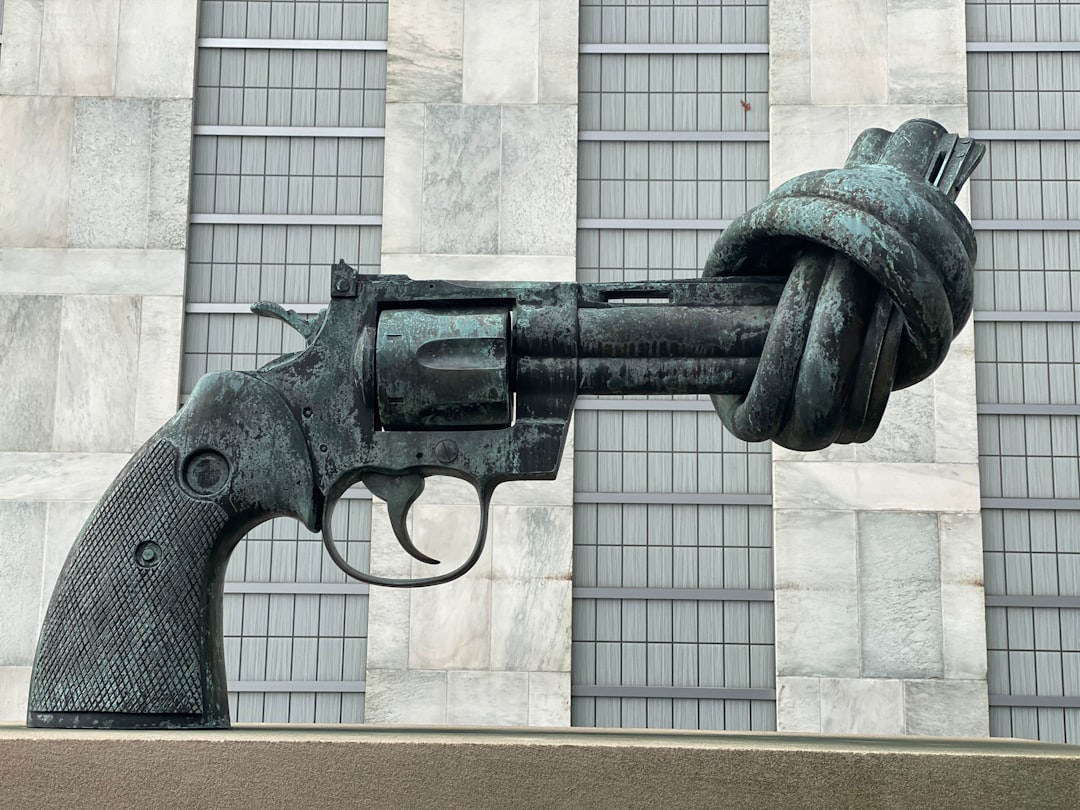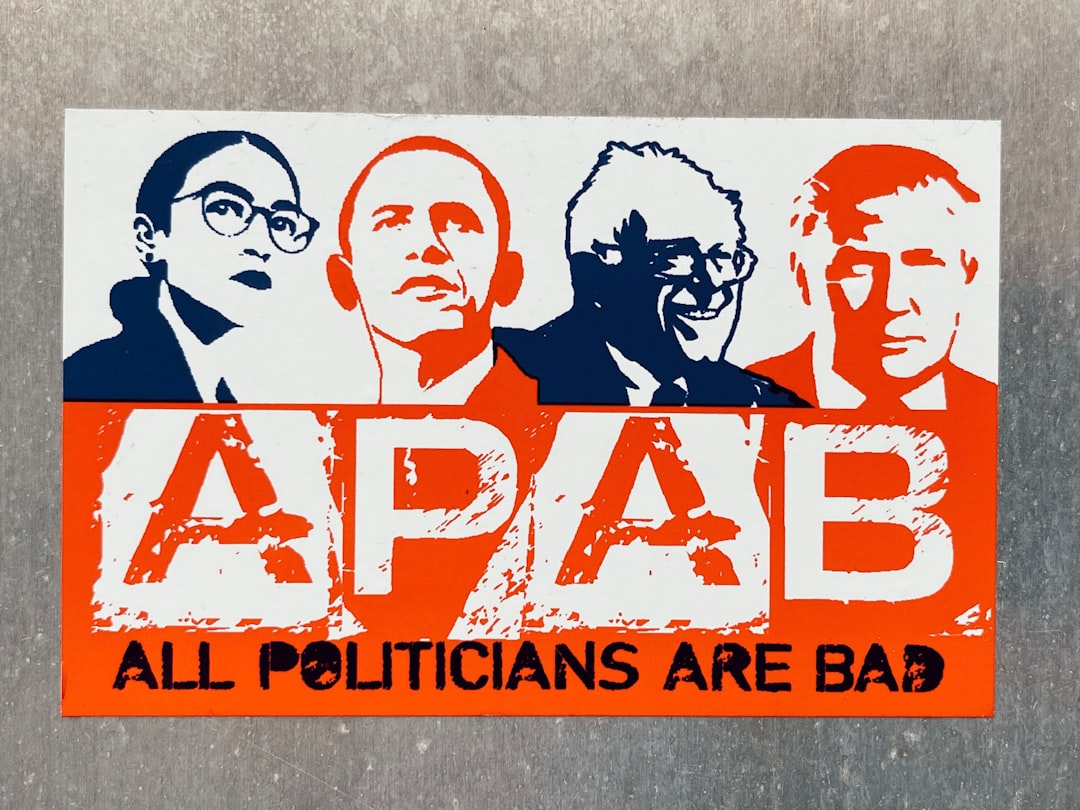They Warned Us About Cancel Culture. Now, After a Shock Assassination, Trump's GOP is Wielding It Like a Weapon.

WASHINGTON – In a stunning reversal that has rocked the political landscape, the very figures who once declared war on 'cancel culture' are now being accused of leading its most aggressive charge. Five years after Donald Trump and the Republican party built a convention platform on defending the 'voiceless' and 'censored,' a tragic event has completely flipped the script, leaving many to wonder if the old rules of political engagement have been permanently shattered.
It was at the 2020 Republican National Convention that the battle lines were drawn. Speaker after speaker decried the so-called cancel culture as a progressive disease, a threat to free speech that saw people ostracized and unemployed for their beliefs. Eric Trump famously pledged to a national audience, “To the voiceless, shamed, censored and canceled, my father will fight for you.” This stance became a cornerstone of the MAGA movement, portraying themselves as the last bastion against a tide of cultural censorship.
That foundation has crumbled in the wake of the assassination of conservative activist and media personality Charlie Kirk. Kirk, a prominent speaker at that same 2020 convention, was a close friend to many in the Trump administration, including Vice President JD Vance. His death sent shockwaves of grief and rage through the White House, serving as a brutal catalyst for a seismic shift in ideology.
The party that once championed unconditional free speech is now spearheading a movement to de-platform and silence its adversaries. Fueled by a potent mix of sorrow and anger, top Republicans, including Trump himself, have rapidly redefined the boundaries of acceptable discourse. The calls are no longer for open debate, but for consequences. The defenders of the canceled have become the cancellers, demanding retribution and accountability in a manner they once fiercely condemned.
This dramatic U-turn raises profound questions about the nature of the culture wars. Critics argue this is a moment of startling hypocrisy, while supporters claim the assassination created a new reality where the old rules no longer apply. The debate, once a philosophical one about the limits of speech, has morphed into a raw, emotional conflict. The architects of the anti-cancel culture crusade are now writing a new playbook, and it appears no one is safe from being written out.


